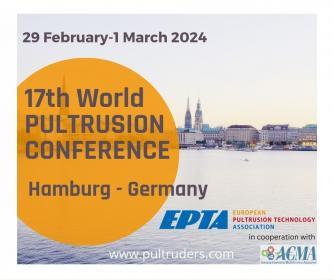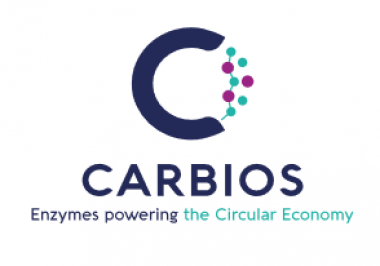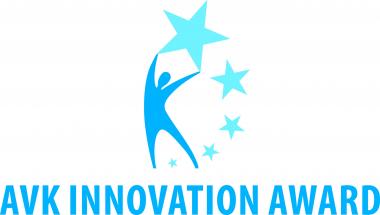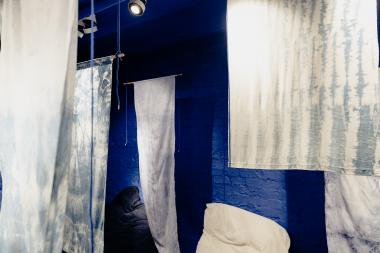17th World Pultrusion Conference - CALL FOR PAPERS
The EPTA – European Pultrusion Technology Association organizes in cooperation with the ACMA – American Composites Manufacturers Association - the 17th World Pultrusion Conference on 29th February – 1st March 2024 in Hamburg, Germany. The conference is one of the leading pultrusion events in the world. The event takes place just before the JEC World 2024 in Paris (5th – 7th March 2024).
The presentations are to document innovations in the following subject areas of
pultruded reinforced plastics:
- Market development in Europe, USA, Asia
- Innovative applications
- New Markets: Ideas for potential new applications with pultruded shapes or
- systems
- Sustainability: Technical possibilities, recycling, etc.
- Raw materials
○ Development of fibres
○ Development of resins - Construction / Testing / Calculation
- Processes
The presentation language will be English. Deadline for paper submission (title, short abstract, speaker name and address) until 15th September 2023 to info@pultruders.com.
European Pultrusion Technology Association EPTA American Composites Manufacturers Association World Pultrusion Conference construction
The European Pultrusion Technology Association (EPTA)






























